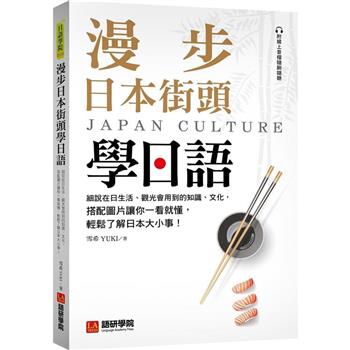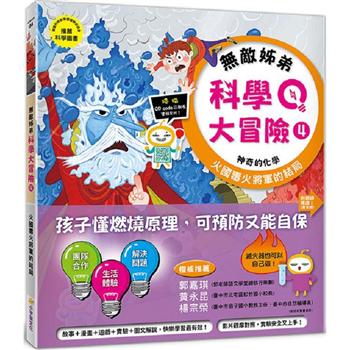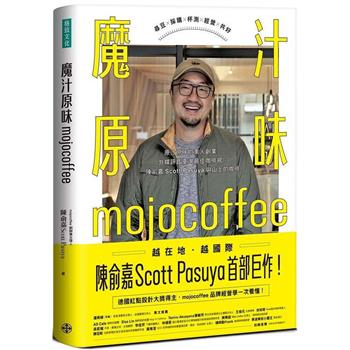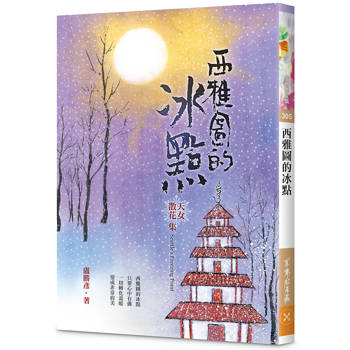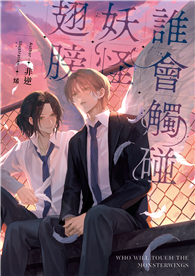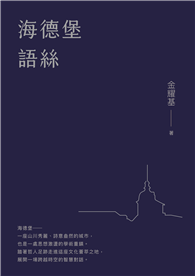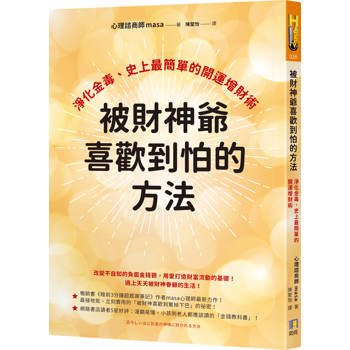This biography explores the life and ideas of Émeric CrucÃ(c), a relatively obscure yet important figure in the history of international relations and peace advocacy. Written by Thomas Willing Balch, the book brings to light CrucÃ(c)â€(TM)s contributions during the early 17th century. CrucÃ(c) is notable for his visionary proposals for international organization and the promotion of universal peace. The book delves into his writings and analyzes his plans for fostering harmony among nations through diplomacy, trade, and mutual understanding.
Balchâ€(TM)s work serves as a valuable resource for scholars interested in the history of peace movements, early modern political thought, and the development of international law. By examining CrucÃ(c)â€(TM)s life and work, the book sheds light on the historical roots of contemporary efforts to achieve global cooperation and resolve conflicts peacefully. Readers will gain insights into the intellectual climate of the 17th century and the enduring relevance of CrucÃ(c)â€(TM)s ideas for today’s world.
This work has been selected by scholars as being culturally important, and is part of the knowledge base of civilization as we know it. This work was reproduced from the original artifact, and remains as true to the original work as possible. Therefore, you will see the original copyright references, library stamps (as most of these works have been housed in our most important libraries around the world), and other notations in the work.
This work is in the public domain in the United States of America, and possibly other nations. Within the United States, you may freely copy and distribute this work, as no entity (individual or corporate) has a copyright on the body of the work.
As a reproduction of a historical artifact, this work may contain missing or blurred pages, poor pictures, errant marks, etc. Scholars believe, and we concur, that this work is important enough to be preserved, reproduced, and made generally available to the public. We appreciate your support of the preservation process, and thank you for being an important part of keeping this knowledge alive and relevant.


